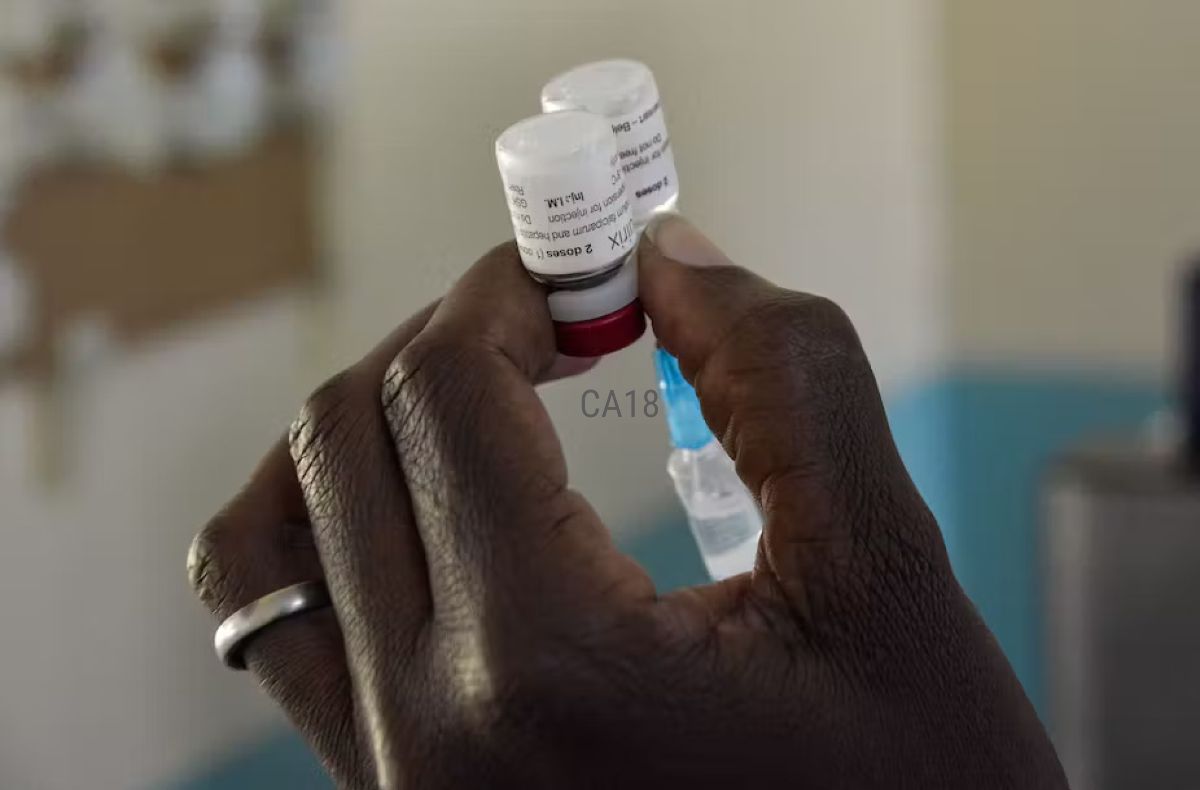Children aged 3 to 12 who are overweight or obese will be able to benefit from follow-up fully paid for by Social Security, with no advance payment by the family or excess fees.
Dietary assessment, nutritional follow-up or even psychological follow-up… L’Assurance Maladie has launched “Retrouve ton cap”, a system for children aged 3 to 12 who are overweight or obese, who will be able to benefit from total care, without advance of expenses by the family nor overrun of fees.
In France, 17% of 6-17 year olds are overweight and 4% of them are even obese. To prevent childhood overweight and obesity, which has become a major public health problem, children aged 3 to 12 will now be able to benefit from monitoring.
Children who are overweight or uncomplicatedly obese (whose BMI is between 25 and 30) will benefit, over a period of two years, from a dietary and psychological assessment and an assessment of their physical activity. During this period, up to six nutritional and/or psychological follow-up sessions, renewable twice, are possible.
“The care is prescribed by the child’s doctor”, specifies the Health Insurance, then the follow-up will be provided by one of the 260 referenced structures (houses or health centers), the list of which is updated every month. on the ameli.fr website.
Do not impose a diet
“Overweight and obesity are proven risk factors for a number of diseases, including cardiovascular disease, cancer and diabetes,” writes L’Assurance Maladie.
The objective of the device is to help both the child and his family to improve lifestyle habits that have an impact on health, for example on food, regular physical activity, sleep or even screen exposure.
“It is not a question of imposing on the child a diet to lose weight, moreover considered ineffective and sometimes dangerous, but of taking it less quickly, which will allow him to refine himself while his growth continues”, adds the Health Insurance.
“In reality obesity is genetic, you have to fight against its nature (…), against permanent hunger and that’s what is difficult, explains on BFMTV Patrick Tounian, head of the pediatric department at Trousseau hospital.
“We believe that a child is fat because he eats too much fast food, because he does not do enough sport, because his parents are lax… We have a very guilt-inducing image and it is this look that I would like us to change”, he continues.
Three years of experimentation
This system was launched after being the subject of a three-year experiment in Seine-Saint-Denis, Reunion and Nord-Pas-de-Calais. 2086 children were included in the experiment in nearly 50 structures.
The majority of children included were girls (60%) and the average age was between 6 and 7 years old. 70% of the children included were already in a situation of obesity at the time of inclusion.
One in two children saw their situation improve at the end of this follow-up and 82% of children succeeded in changing at least one lifestyle habit: 55% of children eat less often between the 4 main meals, 43% eat fruit and vegetables more often, 44% drink sugary drinks less often with meals.
Above all, the experiment revealed that in 9 cases out of 10 overweight or obese children had access to treatment for their problem for the first time.


